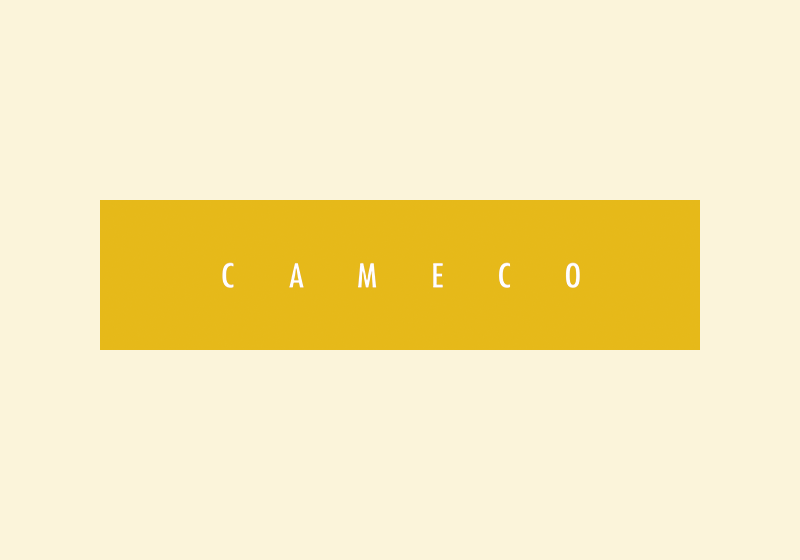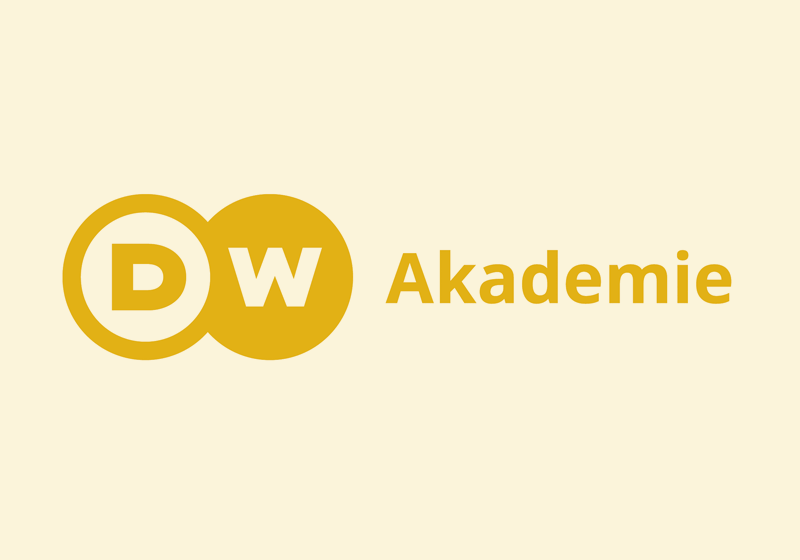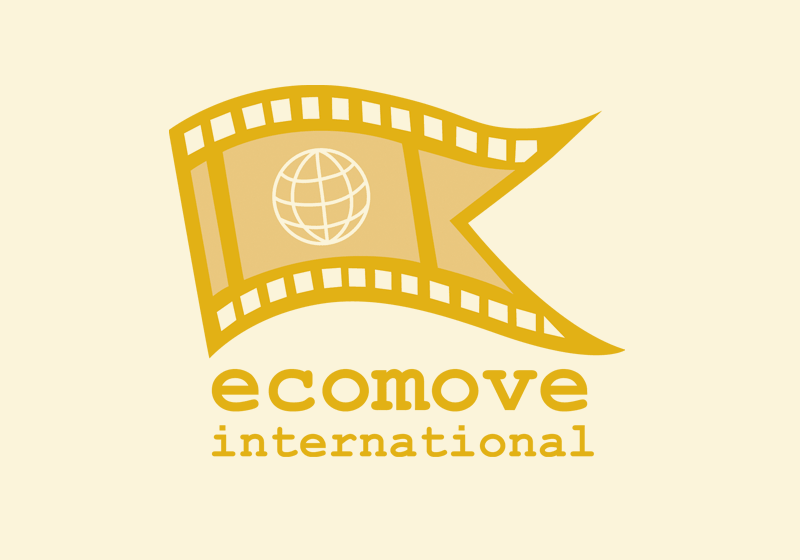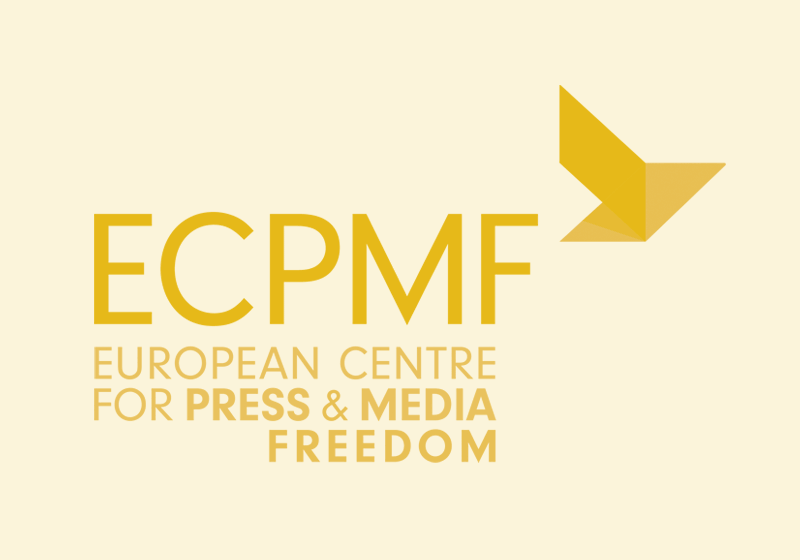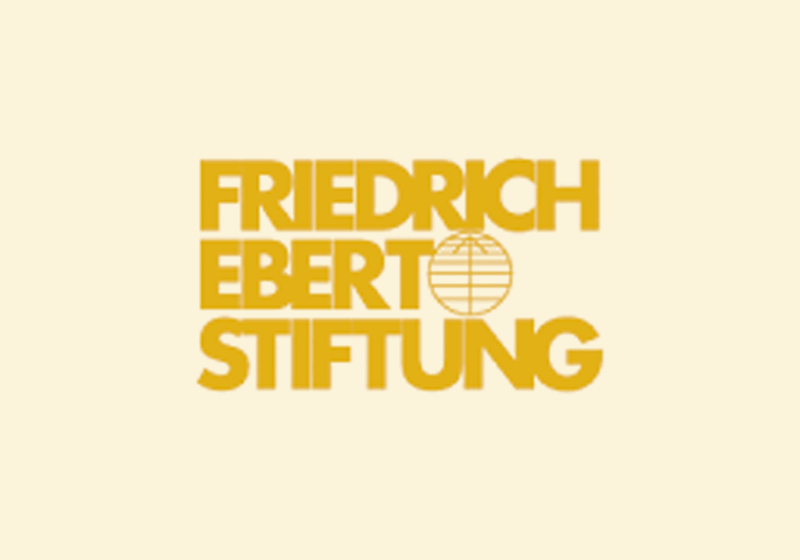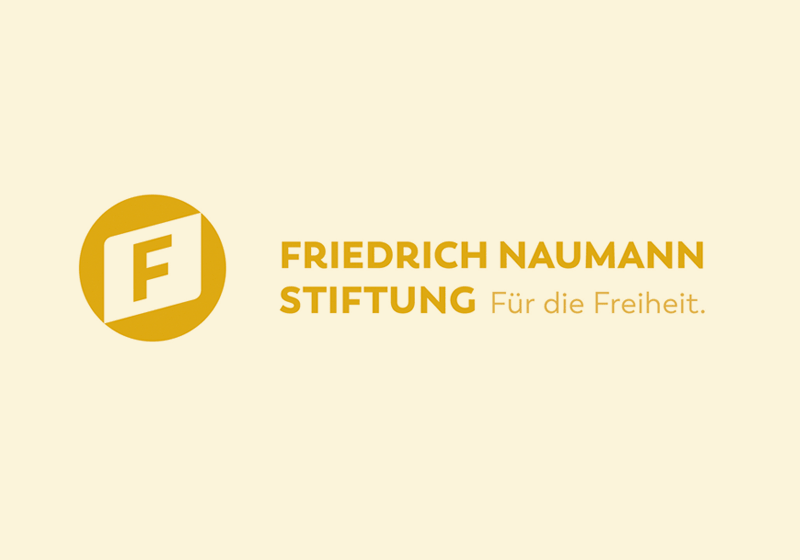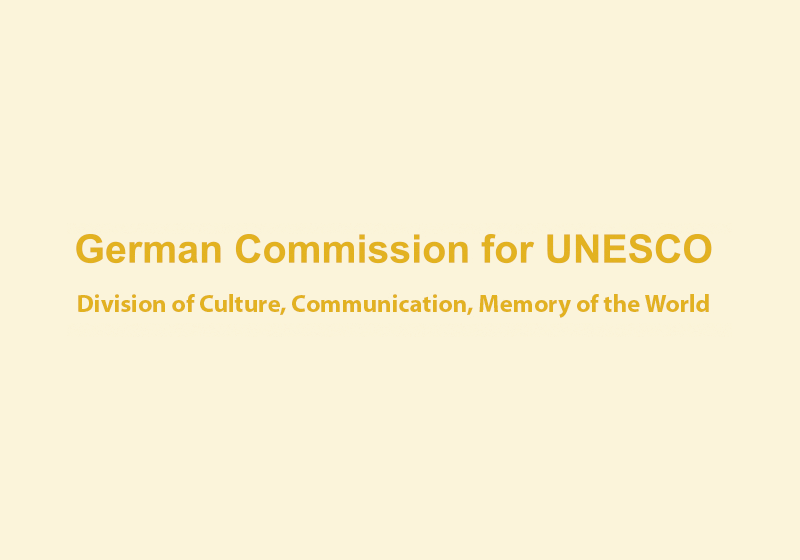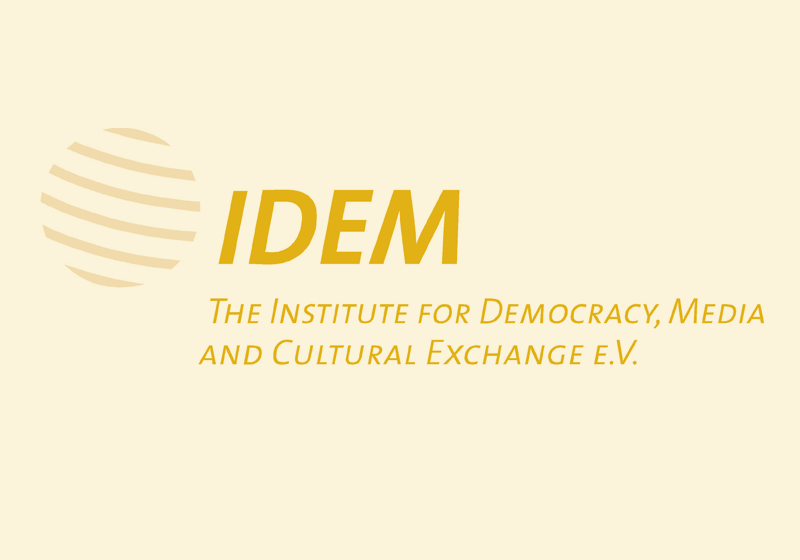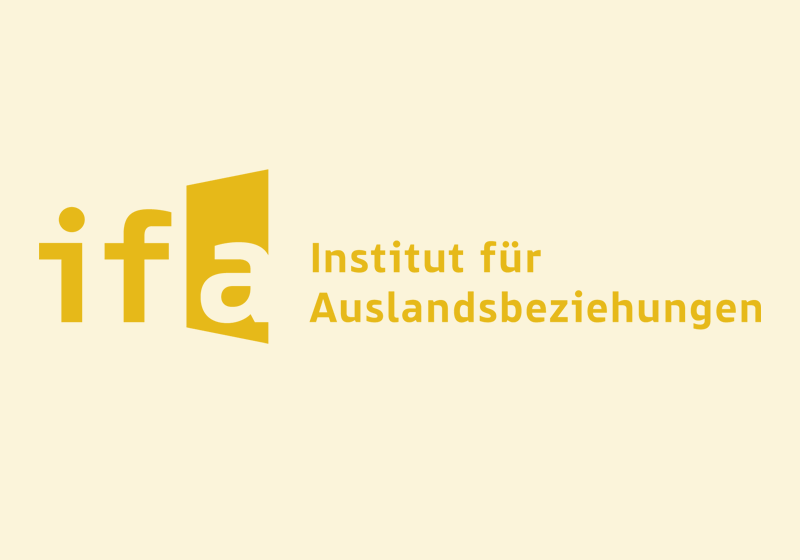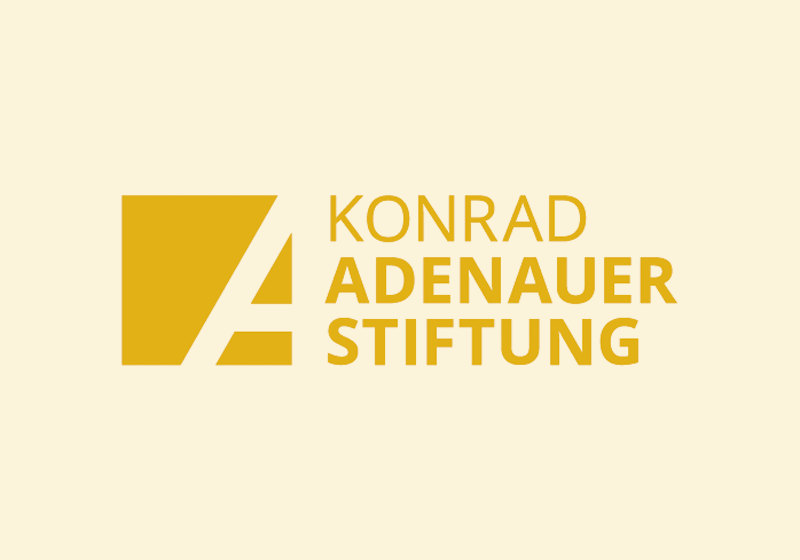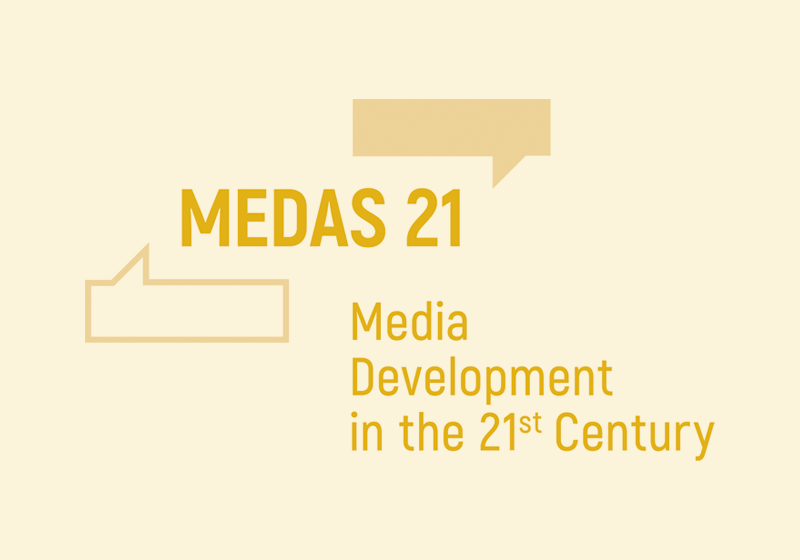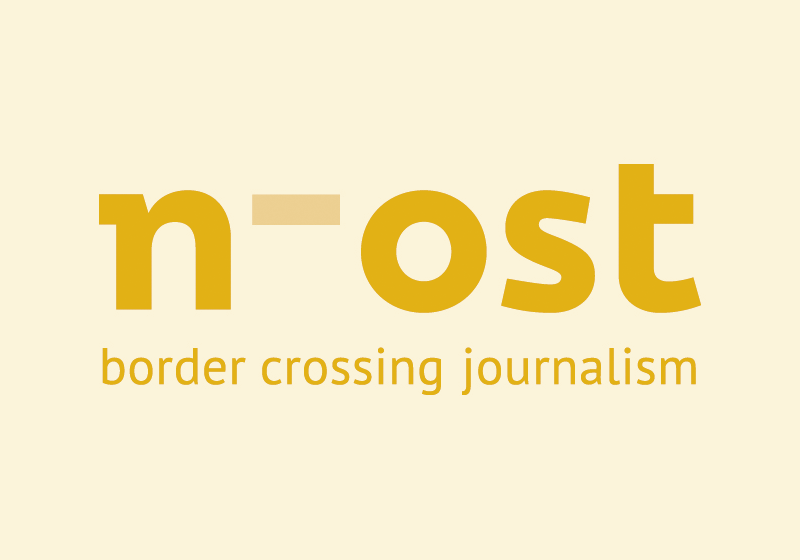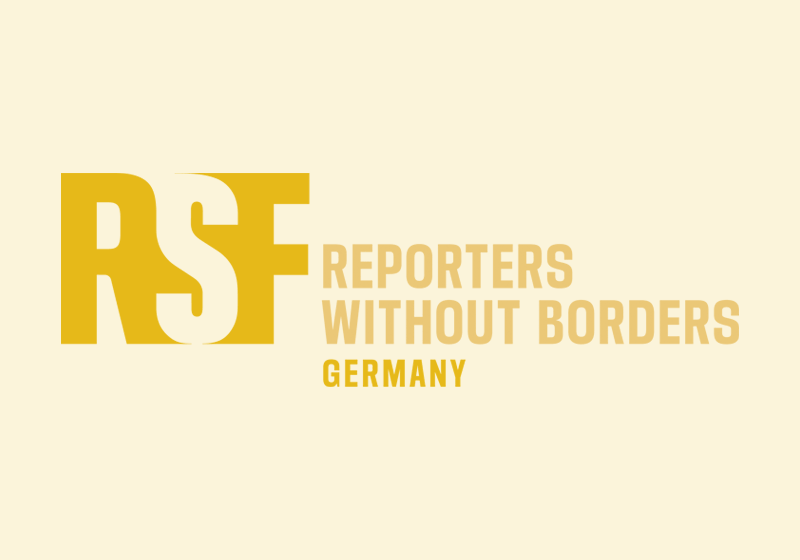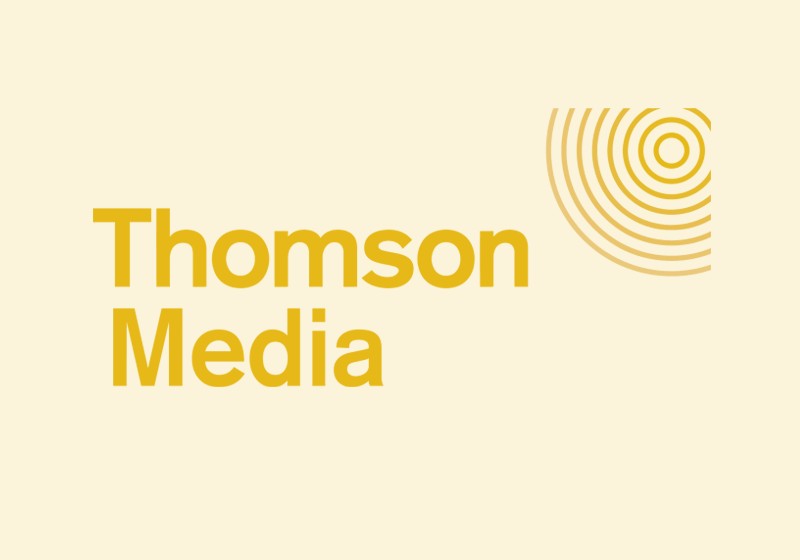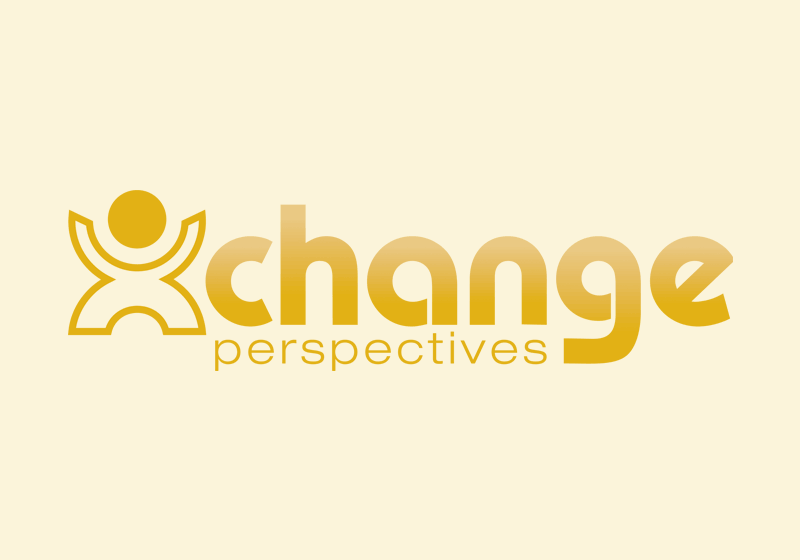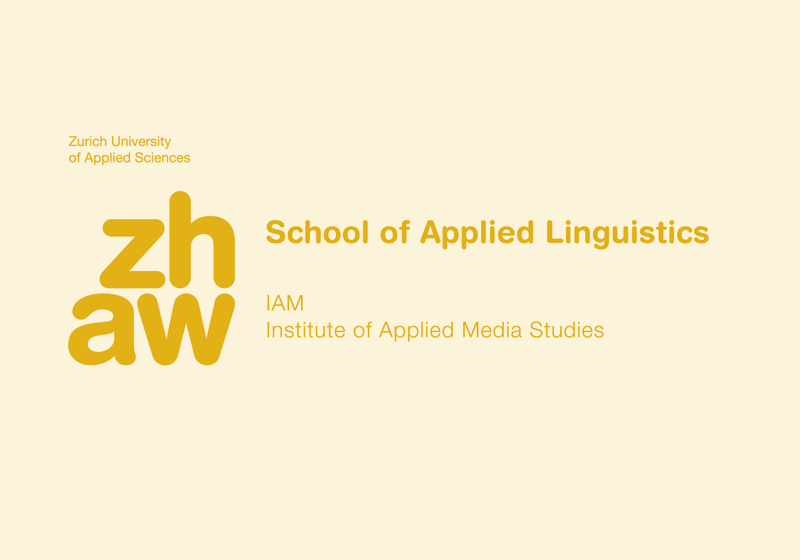Rethinking media development - New actors, new technologies and new strategies
Program
Program overview (pdf)
(Program is subject to changes)
November 7, 2019
8:00 Registration
9:00 Welcome Address
9:10 Q&A with Carsten von Nahmen (Head, DW Akademie)
9:30 Keynote speech and panel discussion
The brave new world of media: How to build a sustainable information ecosystem
In journalism and media, change is the new normal. Continual innovations in digital technology are bringing about unprecedented opportunities to produce and distribute journalistic content and measure its impact. Social platforms are fundamentally transforming the information ecosystem surrounding media and the business models of journalism. These changes hold enormous potential and at the same time present ongoing challenges for media outlets. Media companies are exploring approaches to best promote and support quality journalism. They are experimenting with optimal ways to work with with technology platforms for engagement and content distribution. New actors ranging from open data initiatives to media start-ups fulfill the basic functions of journalism. The keynote speech and the following panel discussion will discuss how factors like innovation in technology and the rise of social media platforms are shaping the new media ecosystem; how media and journalism can fulfill its role in this changing context; and in what ways media development should change its approaches and perspectives to foster positive change.
Keynote speech: Payal Arora (Erasmus University),
Keynote panel: Payal Arora (Erasmus University), Catherine Gicheru (Code4Africa), Gilberto Scofield Jr. (Agency Lupa), Ivan Sigal (Global Voices)
Moderator: Edith Kimani (Deutsche Welle)
11:00 Coffee break
11:15 Show, don’t tell! Marketplace of Ideas
Inspiring approaches, cool initiatives and interesting questions: this interactive session gives participants the opportunity to move among a dozen small tables, each hosted by experts from various organizations who present their experiences, lessons learned and initiate a discussion on specific media development challenges. Every 20 minutes a gong signals participants to switch to a new table and join another discussion. After three rounds, participants meet in the main conference room to share their insights. The final discussion will be animated by four experts from the Global South.
Moderator: Edith Kimani (Deutsche Welle)
Tables
1. Why internet governance matters for journalism?
Providing policy and advocacy for journalism and news media sustainability in the digital age – Michael J. Oghia, Global Forum for Media Development – GFMD
2. Next Generation Public Service Media
An imaginationfest for reinvigoration, ideation, and innovation – Susan Abbott, Cross-Pollinate Consulting
3. Building MIL Momentum- using old tricks to innovate
Roslyn Kratochvil-Moore, Joost van de Port, DW Akademie, Gildaneliz Barrientos Pineda, Radio Sonica
4. VR changing perspectives, or AR we!
Saad Chinoy, Tusitala
5. Beyond the buzz:
Putting digital for development into practice – Isabel Rodde, Human Rights Programme Deutsche Gesellschaft für Internationale Zusammenarbeit – GIZ
6. Big data, not big brother: How third-party tracking on independent news websites can endanger readers and what we can do about it – Daniel O’Maley, Center for International Media Assistance – CIMA
7. VIBE: The Vibrant Information Barometer
Measuring the complex information systems we live in – Tara Susman-Peña, IREX
8. Changing journalistic roles in a changing media world?
Evidence and ideas from research – Guido Keel, Institute of Applied Media Studies, ZHAW
9. The whole picture: How constructive journalism widens the perspective – Daniela Goeller, Tilman Wörtz, Culture Counts Foundation
10. MEDIA LOVES TECH: An incubation program bringing two – so far – distant world togethers: Journalism and the start-up scene. And yes, it’s love and innovation! Vera Möller-Holtkamp, Paul Schütte, DW Akademie, Wael Yahyaoui, innovation consultant
11. Unreachable? Using innovative technologies to connect journalists in conflict areas
Media development in the digital sphere – Marlene Soulier, DW Akademie
12. The importance of digital content analysis and verification
How to support it with the collaborative verification platform Truly Media – Jochen Spangenberg, Tilman Wagner, Deutsche Welle, Athens Technology Center
13:00 Lunch
14:00 – 15:30 Parallel sessions: Part I
SESSION 1 Artificial Intelligence and development: Challenges and opportunities for human rights and inclusive innovation
Hosted by Deutsche Gesellschaft für Internationale Zusammenarbeit – GIZ
In the current debate on Artificial Intelligence (AI) and Sustainable Development, machine learning is often praised as a powerful tool to provide better services in health care, humanitarian aid or education. At the same time, big data and AI can be used to violate freedom of expression, non-discrimination and privacy. Human rights defenders point to the fact that data in the Global South often tends to be inaccurate and does not represent marginalized groups. If such data is used to train AI, inequalities may be magnified. In this session, we want to explore the impact of AI projects in partner countries in the Global South. Can media development help to fill the existing data gaps by providing more granulated and representative data? How successful is AI deployment in the context of handling disinformation and hate speech? Which frameworks need to be in place to minimize human rights risks and support local innovation? Are the existing ethical guidelines sufficient to safeguard inclusion and protect human rights?
Speakers: Elena Abrusci (Human Rights, Big Data and Technology Project, University of Essex), Likhita Banerji (‘Technology and Human Rights’ Programme, Amnesty International), Paula Hidalgo-Sanchis (UN Global Pulse), Ali Srour (Data Aurora)
Moderator: Isabel Rodde (Human Rights Programme, Deutsche Gesellschaft für Internationale Zusammenarbeit – GIZ)
SESSION 2 New strategies in development communication: Focusing on solutions instead of crisis reporting
Hosted by Tea after Twelve
The concepts of constructive and solutions journalism have become in vogue in European and US-American journalistic discourse. The concept offers an intriguing approach for development communication and civil society activism. While reporting on long-term challenges and deficits tends to transmit feelings of helplessness or resignation, presenting ways to get active and solving problems is more likely to mobilise audiences. The “Plan b” show by the German public broadcaster ZDF and “Tea after Twelve” online magazine are focusing on telling these stories. In this interactive workshop, they will offer solutions stories from an international perspective, thus inciting inspiration and innovation among their audiences.
Speakers: Verena Glanos (ZDF), Sarah Klein (Tea after Twelve)
Moderator: Eva-Maria Verfürth (Tea after Twelve)
SESSION 3 Lifting the curse: (Responses to) communication surveillance laws in times of technological innovations
Hosted by Friedrich-Ebert-Stiftung
Technological innovations can be a blessing or a curse, especially when it comes to the protection of journalistic sources: due to the new technological realities, there is a need for enhanced protection for journalistic sources. This is particularly relevant in times where attacking the media has become fashionable and those who agree to leak sensitive information to investigative journalists feel increasingly threatened. But how protective are existing legal frameworks? To what extent are they under threat? Which concrete guarantees should they ideally give and what should be avoided? And how can media development organizations that are active in this field provide meaningful support? Can they help to “lift the curse” and strengthen legal frameworks in order to secure the protection of journalistic sources – or should they not engage in this?
Speakers: Naomi Colvin (Blueprint for Free Speech), Athandiwe Saba (investigative journalist)
Moderator Florian Bauer (Phoenix/ARD)
SESSION 4 Networked Solutions: Why Southern voices are essential to facing the tech challenge
Hosted by CIMA
The digital convergence has fundamentally altered how news is circulated and produced. Media development actors in developing countries are all too familiar with this shift and have had to make often painful adjustments to adapt. Increased engagement on digital policy and internet governance is consistently diagnosed as one of the most important long-term strategic issues facing news media ecosystems by media actors in developing countries. The on-the-ground demand for policy engagement and capacity-building on these issues, however, is not always fully captured in the plans of donors and implementers. Moreover, media development networks often operate in parallel rather than in conjunction with the digital rights communities, although they are combatting overlapping issues such as censorship, freedom of expression, and building equitable business models in a digital economy. This session will explore efforts to ensure that demand for engagement on digital issues is fully integrated into media development agendas.
Speakers: Asad Baig (Media Matters for Democracy Pakistan), Michael J. Oghia (GFMD), Paul Kimumwe (CIPESA), Saloua Ghazouani Oueslati (Article 19)
Moderator: Daniel O’Maley (CIMA)
15:30 – 16:00 Coffee break
16:00 – 17:00 Plenary and panel discussion
Innovate or die? The scramble for new funding schemes in media
Hosted by the Konrad-Adenauer-Stiftung
There is one area in media development where the necessity of innovation can hardly be challenged: the search for new and sustainable financing models. The long declining number of newspaper subscriptions and sales, together with advertisement competition from new media platforms and the ongoing fragmentation of the information market call for new approaches and diversification in funding quality journalism. Between crowdfunding, paywalls and philanthropic supporters, media outlets across the globe are innovating in this area to combat the rapid decrease in revenue from traditional funding models in the past two decades. In this panel, we will explore the key questions of which approaches show the most potential, where traditional strategies can be adjusted to fit into the media ecosystem of the future and what promises or risks the increasingly dominant concept of philanthropic media funding hold.
Speakers: Sulemana Braimah (Media Foundation for West Africa), Nigel Mugamu (263 Chat), Tania Montalvo (Animal Politico)
Moderator: Maximilian Nowroth
17:30 Evening reception at Deutsche Welle
November 8, 2019
9:00-10:30 Buzzword Check
Lightning talks and plenary discussions
Artificial intelligence, blockchain, innovation and digitalisation: the media industry has been abuzz with these four terms for several years now. In a series of lightning talks, four distinguished experts, each in a talk of maximum 10 minutes, will explain these terms and why they have become so fashionable, how they think about it, whether the enthusiasm around them is justified in the long term and how the media development sector should deal with them now and in the future. Following the lightning talks, participants will have a chance to join in discussions around these terms.
Speakers:
- Artificial Intelligence: Elena Abrusci (Human Rights, Big Data and Technology Project, University of Essex)
- Blockchain: Uta Meier-Hahn (Blockchain Lab, Deutsche Gesellschaft für Internationale Zusammenarbeit – GIZ),
- Innovation: Josh LaPorte (European Journalism Center)
- Digitalisation: Rishad Patel (Splice Media)
Moderator: Edith Kimani (Deutsche Welle)
10:30 -11:00 Coffee break
11:00-12:30 Parallel sessions: Part II
SESSION 5 Dissemination strategies for journalism in captured environments: Cross-border alliances and ‘dark social’
Hosted by n-ost/ECPMF
As media capture spreads across several European countries, only a handful of small outlets are able to publish independent, critical investigative journalism. But some media outlets have successfully developed strategies and alliances, both in their countries and cross-border, to find ways to keep alive the circulation of independent and investigative information and to ensure that their findings reach a wider public. What role do these new alliances play in disseminating (investigative) journalism? What channels are used? In captured media environments messaging apps may provide important tools for the dissemination of critical journalism, but the ‘dark social’ also comes with economic and democratic challenges. On the one hand, technological boundaries make it more difficult for stories to spread and go viral. On the other, these private spaces might hinder the integrative function of journalism and spread hate speech and misinformation. What role does ‘dark social’ play in (cross border) investigative journalism? And what does this mean for media development in general?
Speakers: Dóra Diseri (n-ost), Sebastian Mondial (investigative data journalist), Daniel O’Maley (CIMA)
Moderator: Nora Wehofsits (ECPMF)
SESSION 6 Data Journalism: A win for citizens and democracy?
Hosted by the Friedrich Naumann Foundation for Freedom and DW Akademie
Data journalism is on a growth trend all over the world. A decade ago, there was only a handful of data journalists. Today, data-based reporting has become more ingrained in mainstream and local newsrooms. Journalists seem to have overcome their fear of numbers and they tell compelling stories based on mountains of data in an innovative way, while data is more and more available: never before have governments opened up digital data in such quantity and variety. In an era that some label as “post-factual”, data journalism and its attractive tools to visualize complex topics can be seen as a journalistic form to gain back trust of readers and users. But is this always true? Can data journalism save the trust in journalism and have a substantial impact on politics? And what happens if enemies of democracy use the tool kit of data journalism for their political aims? The panel will explore these questions and give examples of inspiring data journalism initiatives.
Speakers: Thitiphong (Thiti) Luangaroonlerd (Boonmeelab, Thailand), Mirko Lorenz (DW), Aidila Razak (Malaysiakini)
Moderator: Peter Deselaers (DW Akademie)
SESSION 7 Media technologies for a translocal citizenship: VR, AR and digital storytelling
Hosted by icebauhaus
The support of learning processes through media-based experiences and experimentation, the creation and sharing of contemporary narratives and stories about ways of living, working and social activism will be introduced in this workshop. Participants will be actively involved in the discussion about how to give people the skills and access to tools that enable them to communicate their own stories, experiences and opinions through hands-on activities and open media technologies to approach issues of freedom and local cultural work in new creative and interdisciplinary ways through digital means. In 2018 Saad Chinoy was a fellow of the South-South Media Lab Collaboration program implemented by icebauhaus, the organization which will co-facilitate the workshop and will bring in the perspective of interregional cooperation and user oriented action.
Speaker: Saad Chinoy (Tusitala), Markos Lemma (ice Addis)
SESSION 8 Artificial Intelligence gone wrong: The automated fight against disinformation as a potential threat to journalistic freedoms
Hosted by Reporters Without Borders Germany (RSF Germany)
Political pressure on platforms like Facebook, Youtube and Twitter to act against the spread of disinformation is mounting as the phenomenon is seen to destabilize democracies. These platforms are increasingly using artificial intelligence to remove harmful content although Facebook claims that the ultimate decision is taken by humans. But it remains unclear how “human” such a decision is, when reviewers are only given a few seconds to make a final call on the basis of a 99% suggestion by AI. Reporters Without Borders (RSF) investigated dozens of cases in which journalists and bloggers were banned from Facebook because they allegedly violated community standards. Cases like these illustrate a larger threat for journalism: what if highly automated systems make mistakes and what if journalists are censored on social media due to fully automated systems without an effective way to appeal? The panel will discuss which safeguards have to be implemented in AI systems to protect valuable content on social media, what kind of transparency is necessary with regard to the function of automated systems.
Speakers: Christian Mihr (RSF Germany), Lê Trung Khoa (Vietnamese exiled journalist based in Germany)
Moderator: Max Hoppenstedt (journalist)
12:30 -13:30 Closing plenary and panel discussion: What’s next for media development?
Innovation in technology with the rise of social media platforms has fundamentally altered the context in which media development institutions operate. Innovative start-ups increasingly fulfill the role of journalism but often struggle to build viable business models to support their operations. Traditional media companies seek new ways to survive in this fast changing new ecosystem, while maintaining to promote quality journalism. Civil society organizations develop ways to counter the negative effects of social media platforms from disinformation to hate speech and look for partners to sustain their activities. Experts invited to the closing panel discussion will reflect on two days of conversations at the Symposium and will explore the way forward for media development: how voices of various stakeholders and the real needs of users in the Global South could be better integrated into strategy building.
Speakers: Nesrine Jelalia (Al Bawsala), Tiny Mungwe (STEPS Project), Pedro Vaca (FLIP, Colombia), Rishad Patel (Splice Media)
Moderator: Prue Clarke (Judith Neilson Institute for Journalism & Ideas)
13:30 Lunch
14:30 End of symposium


